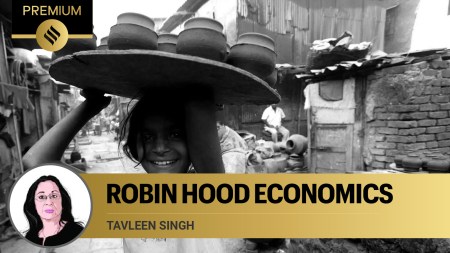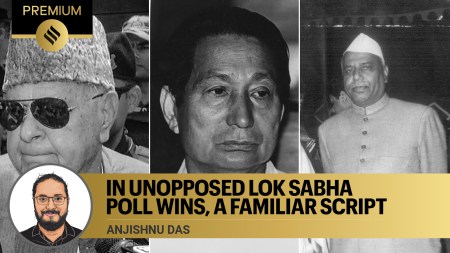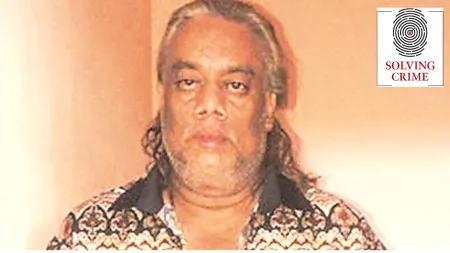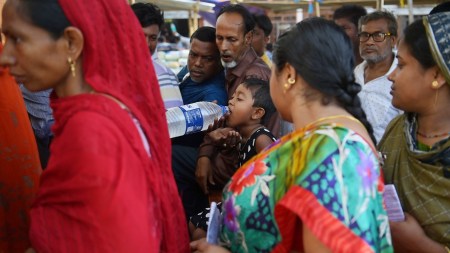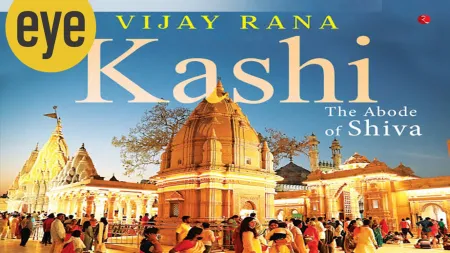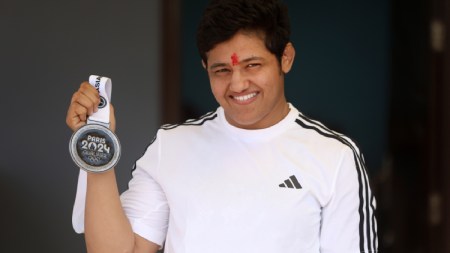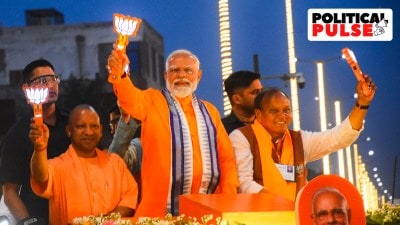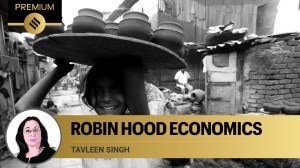- India
- International
AAP’s welfare model vs BJP’s labharthi: Kejriwal eyes dividends in freebies fight
A political pushback is playing out, with Delhi Chief Minister and Aam Aadmi Party supremo Arvind Kejriwal taking the lead in framing a counter to the PM's pitch, even as the AAP has also moved the apex court to oppose the PIL.
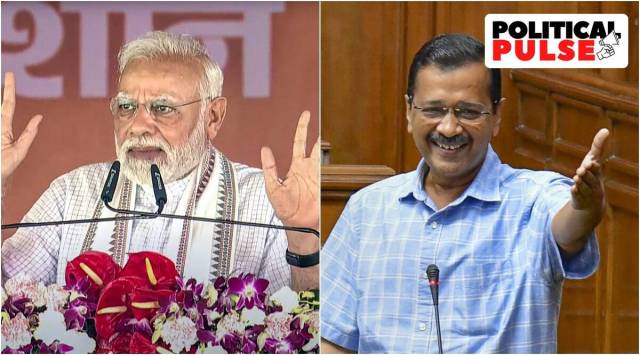 The AAP believes that the ruling BJP has a formidable narrative on religion, caste, social mobility, which have far too many takers at the moment for any party to offer a compelling counter, but there are areas where its discourse is not as effective. (File)
The AAP believes that the ruling BJP has a formidable narrative on religion, caste, social mobility, which have far too many takers at the moment for any party to offer a compelling counter, but there are areas where its discourse is not as effective. (File)The debate on populist schemes and freebies, sparked by Prime Minister Narendra Modi’s remarks on “revdi” culture last month, has been raging, with the Supreme Court, hearing a PIL on “irrational subsidies”, calling for a dispassionate evaluation of the issue.
At the same time, a political pushback is playing out, with Delhi Chief Minister and Aam Aadmi Party supremo Arvind Kejriwal taking the lead in framing a counter to the PM’s pitch, even as the AAP has also moved the apex court to oppose the PIL.
Hours after Modi’s speech at a function on July 16, where he said “attempts are being made to collect votes by distributing free revdis (sweets)”, Kejriwal hit back, saying “I am being accused of distributing free revdis, I am being subjected to abuse.”
While making the comment, Modi had not taken any name. However, sensing that the PM’s words offered an opportunity to challenge the BJP dispensation squarely on terms where the latter does not enjoy a monopoly, Kejriwal was the first off the blocks from the Opposition camp in joining issue with him.
The AAP believes that the ruling BJP has a formidable narrative on religion, caste, social mobility, which have far too many takers at the moment for any party to offer a compelling counter, but there are areas where its discourse is not as effective.

“We can still take on the BJP’s model of welfarism where people are labharthis (beneficiaries). We are saying people are entitled to free education, power, water, health, transport under the umbrella of right to life and dignity, it is not a charity,” said an AAP functionary.
The party’s application in the SC seeking intervention in the PIL filed by advocate Ashwini Upadhyay states that “By removing such socialist and welfarist agenda from electoral discourse, the petitioner seeks to advance the interests of a different, more parochial kind of politics reliant on caste and communal appeals instead of appeals to people’s welfare”.
Since July 16, Kejriwal has, on about half-a-dozen occasions, sought to project the PM’s revdi statement as an alleged bid to curb welfare measures meant for uplifting the lives of the poor even as the “debts of corporates running into thousands of crores are written off”.
In remarks made through his speeches, largely in the poll-bound Gujarat, Kejriwal seems to be essentially trying to play to his strengths, by laying emphasis on class politics, without wholly abandoning the realm of religion and caste as evidenced by his various moves including his frequent temple runs.
On July 21, Kejriwal announced his first “guarantee” for Gujarat – 300 units of free electricity for every household within three months of the AAP coming to power – while underlining that unlike other parties he was not distributing “free revdis to my friends”.
“The mention of handouts to corporates in the form of loan waivers and write offs strengthens our case. The AAP has pioneered a model of welfarism which no party can afford to ignore, not even the BJP,” said another AAP leader, pointing to Uttar Pradesh Chief Minister Yogi Adityanath’s recent announcement that women aged over 60 will soon get free bus rides in public buses in the state.
Last Wednesday, the AAP kicked off a social media campaign “Yogi Opposes Modi”, taking a swipe at the PM by juxtaposing his remarks on “revdi” with the UP CM’s announcement. The Kejriwal government had launched a free bus rides scheme for women in Delhi in 2019.
On Thursday, Kejriwal charged that the Centre has mismanaged finances to the extent that even public education and health services will come at a cost. Rejecting his allegations, Union finance minister Nirmala Sitharaman said, “The Delhi Chief Minister has given a perverse twist to the debate on freebies. Health and education have never been called freebies…No Indian government has ever denied them since Independence. So, by classifying education and health as freebies, Kejriwal is trying to bring in a sense of worry and fear in minds of poor.”
Whether the AAP’s politics of welfarism pays electoral dividends in states like Gujarat and Himachal Pradesh would also depend on the performance in the coming months of its government in Punjab, where replicating the “Delhi model” remains a work in progress, with the border state facing enormous challenges on the economic and security fronts.
Apr 29: Latest News
- 01
- 02
- 03
- 04
- 05


